Little Women: Why it’s the movie every young actress wants
It’s a little tale that has made a big impact, with the brightest young stars of every generation queueing up for a role
Movies
Don't miss out on the headlines from Movies. Followed categories will be added to My News.
It’s a little tale that has made a big impact. As Louisa May Alcott’s classic story celebrates its 150th anniversary, we are re-joining the four March sisters as they grow up during the US Civil War in yet another big-screen version of Little Women.
And it is tipped to be one of the best — early reviews of Greta Gerwig’s highly-anticipated adaptation are rapturous, describing it as “glorious” and “a triumph” while The Sunday Teleraph’s reviewer Vicky Roach called it “warm blooded and exceptionally clever”.
Gerwig, who directed the Oscar-nominated Lady Bird, has produced a finely-crafted homage to the book and there is already talk of Oscar nominations for the movie as well as the performances of Saoirse Ronan, who stars as Jo March, and Florence Pugh, who plays Amy. They are joined by Emma Watson as Meg, Timothee Chalamet as Theodore “Laurie” Laurence, Eliza Scanlen as Beth, Laura Dern as Marmee and Meryl Streep as Aunt March.
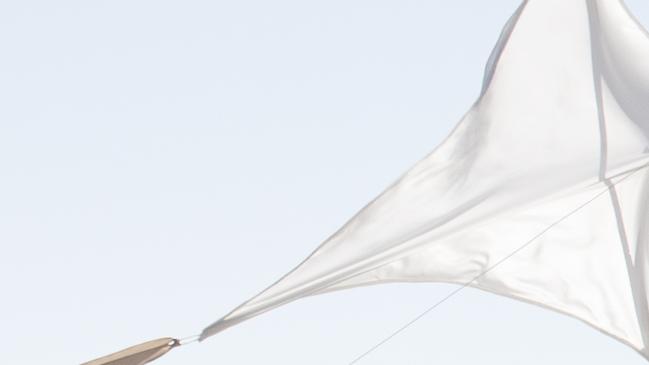
Like Robin Hood, Emma and Pride And Prejudice, Little Women is a story the brighest stars of their generation queue up to tell, with Gerwig’s version the latest in a long line of movie and TV adaptations.
So how does it measure up against the others?
In the words of Alcott, “There are many Beths in the world, shy and quiet, sitting in corners till needed,” but even she could never have imagined just how many screen incarnations there would be. We take a look at some of the hits and misses and the stars who brought them to life.
1933
The first adaptation of Little Women was a silent movie in 1917, followed by a second the next year. Both are now lost. But it was in 1933 that director George Cukor brought the story back — with sound — in what would be one of its most definitive versions. A young Katharine Hepburn, in just her fourth feature film, delivered a benchmark performance as Jo opposite Joan Bennett as Amy, Jean Parker as Beth and Frances Dee as Meg. It was a critical success, won an Oscar for best writing and was nominated for best picture and director.
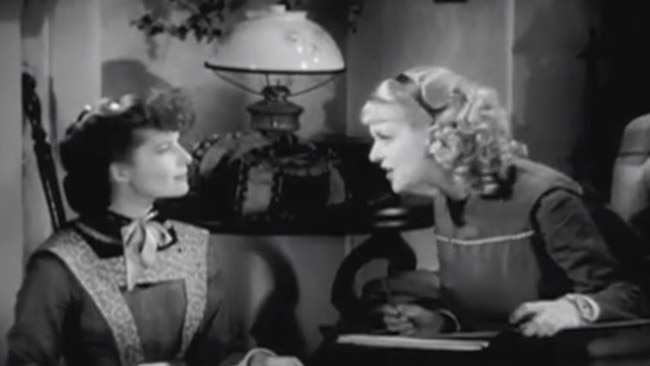
1949
Post-war, the story returned to the big screen in a blaze of Technicolour, with a star-studded version featuring four of the finest young actors of their generation in June Allyson as Jo, Margaret O’Brien as Beth, Elizabeth Taylor as Amy and Janet Leigh as Meg. It was one of the biggest grossing movies of the year and won an Oscar for best art direction, but critics rated it less favourably than the Katharine Hepburn version. That same year Taylor was featured on the cover of Time magazine which labelled her a leader among Hollywood’s next generation of stars.
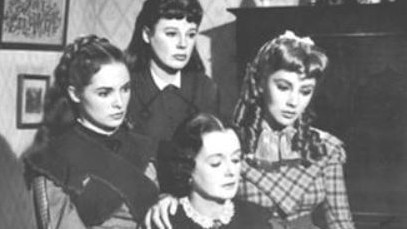
1978
As well as its many movie outings, Little Women has also appeared as an opera, ballet and play and multiple TV mini-series. One of the stand-outs was its 1978 NBC TV incarnation, which starred Family Ties’ Meredith Baxter as Meg, The Partridge Family’s Susan Dey as Jo, Ann Dusenberry as Amy, The Brady Bunch’s Eve Plumb as Beth, movie legend Greer Garson as Aunt March and The Love Boat’s Richard Gilliland as Laurie. And if you were thinking it couldn’t get any more 1970s, William Shatner even made an appearance as Professor Bhaer.
1994
The main rival for Gerwig’s version is the 1994 blockbuster directed by Gillian Armstrong. Loved by audiences and critics alike, it earned three Oscar nominations and starred Winona Ryder, then at the height of her Hollywood success, as Jo, Trini Alvarado as Meg, Kirsten Dunst as the young Amy in the same year she shot to fame in Interview With The Vampire, Claire Danes as Beth, the future Batman Christian Bale as Laurie, and Susan Sarandon as Marmee.
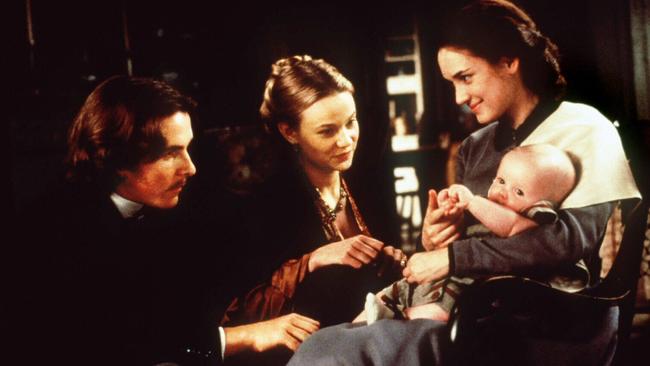
2017
Another small screen version was the recent well-received outing by the BBC. This one starred Stranger Things’ Maya Hawke (the daughter of Ethan Hawke and Uma Thurman) as Jo, Big Little Lies’ Kathryn Newton as Amy, Willa Fitzgerald as Meg, Annes Elwy as Beth, Emily Watson as Marmee, World On Fire’s Jonah Hauer-King as Laurie and marvellously, Angela Lansbury as Aunt March.
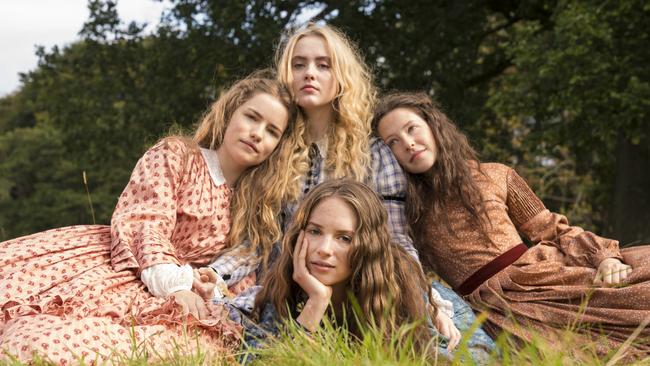
2018
There was also another Little Women out recently, not that anyone noticed. This low-budget movie was a modern retelling of the tale, starring Back To The Future’s Lea Thompson as Marmee alongside young talent Sarah Davenport as Jo, Allie Jennings as Beth, Melanie Stone as Meg, Elise Jones as a young Amy and High School Musical’s Lucas Grabeel as Laurie. It transpired nobody much wanted a modern retelling and it bombed.
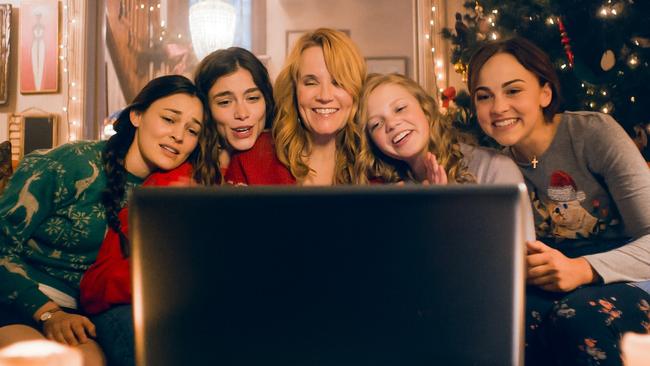
Originally published as Little Women: Why it’s the movie every young actress wants



